Research & Analysis
U.S. Institute of Peace’s articles, reports, tools and other features provide policy analysis, research findings, and practitioner guides. These publications examine critical conflict issues at the center of the Institute’s work to prevent and resolve violent conflict.
The views expressed in these publications are those of the author(s).

Assessing India’s Perceptions of China’s Nuclear Expansion
China’s ongoing expansion of its nuclear arsenal may be aimed at eventually achieving nuclear parity with the United States. But regardless of the rationale, China’s nuclear expansion, along with possible changes to its nuclear doctrine, are of great concern to India, its neighbor in South Asia. This report—based on interviews with nearly two dozen Indian security experts, including former military and government officials—assesses India’s strategic thinking on China’s nuclear expansion, and what consequences it may have for India’s own nuclear development and US interests in Asia.

China’s Global Security Initiative Takes Shape in Southeast and Central Asia
Since Chinese leader Xi Jinping launched the Global Security Initiative (GSI) in April 2022, it has been used in China’s efforts to expand its international security role and reshape global order. Drawing on field research and discussions with regional policymakers and experts, this report looks at Beijing’s progress in implementing and operationalizing the GSI in the priority regions of mainland Southeast Asia and Central Asia, and it examines key policy implications, explaining why the initiative warrants greater attention on the part of the US policy community.

Australia’s Strategic Thinking on the War in Ukraine, NATO, and Indo-Pacific Security
Russia’s war against Ukraine has spurred closer cooperation between Euro-Atlantic and Indo-Pacific states and organizations, particularly Australia and NATO, signaling a deepening of ties that could have long-term benefits for global security. Over the long term, writes security expert Gorana Grgić, such alignment is crucial for signaling to potential aggressors that global coalitions are prepared to respond. This report analyzes Australia’s response in order to examine Canberra’s strategic thinking with respect to cross-theater cooperation, and it offers recommendations for US, NATO, and Australian policymakers.
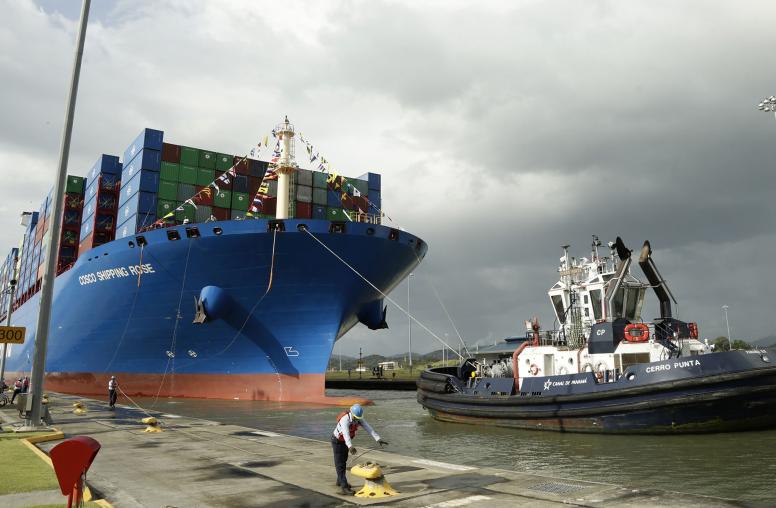
Panama, Ecuador, and China: The Dangers of Short-Term Calculations
The People’s Republic of China has become a significant political and economic force in Latin America and the Caribbean, and engagement with Beijing frequently means more compromise than partnership. This report focuses on Panama and Ecuador, two small but strategically important nations in the region where China has held out the promise of economic benefits in exchange for support for its global ambitions. The report discusses the pragmatic implications of this situation and offers recommendations for Latin American and US policymakers.
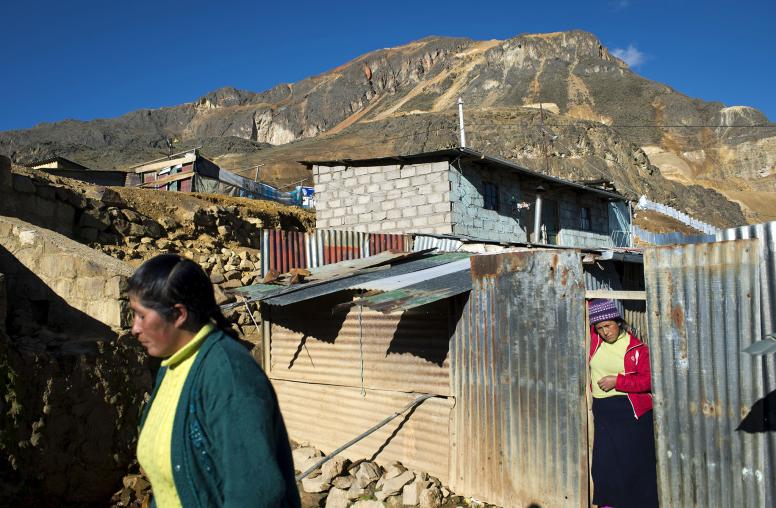
China in Peru: The Unspoken Costs of an Unequal Relationship
China’s political and economic influence in Latin America has increased dramatically since the turn of the century. This is especially true in resource-rich countries like Peru, where China has channeled billions of dollars of investment into the oil and mining sectors. This report takes a critical look at the narrative that closer engagement with China is the key to Peru’s future economic development and prosperity, and suggests ways that US agencies, corporations, and NGOs can support Peruvians’ efforts to create a more equitable balance in their country’s relationship with China.
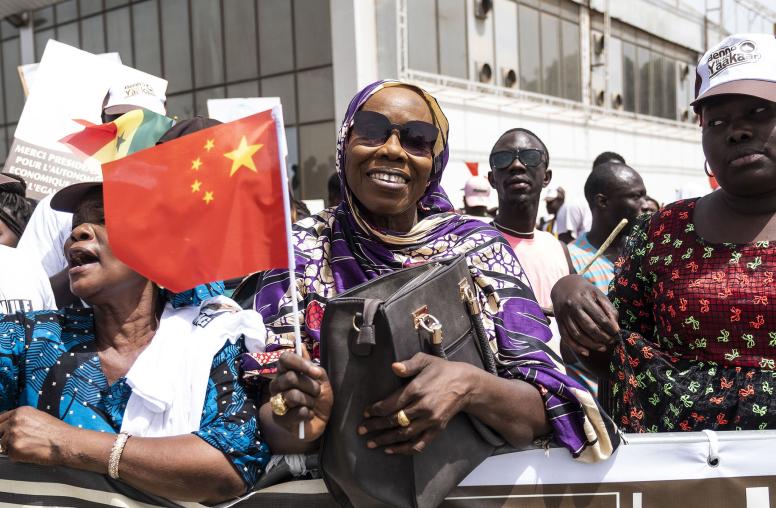
US-China Rivalry in Asia and Africa: Lessons from the Cold War
One of the hallmarks of the Cold War era was a competition between the United States and its democratic allies, on the one hand, and Communist powers, on the other, for the allegiance of countries in Africa and Asia. In an echo of the Cold War, a similar competition between the United States and China is playing out today. This report examines the US-China rivalry then and now and offers insights and lessons that can guide US policymakers as they navigate the contemporary competition.
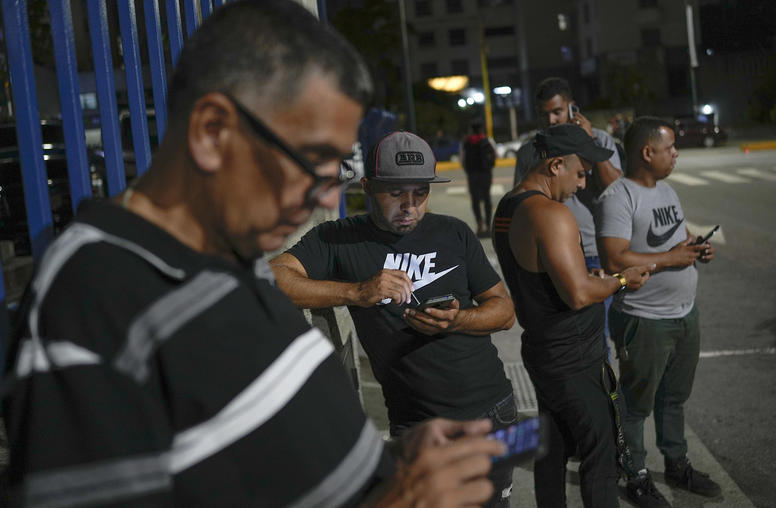
Huawei’s Expansion in Latin America and the Caribbean: Views from the Region
Since its founding in Shenzhen, China, in 1987, Huawei has grown into one of the world’s major information and communications technology companies, but its ties to China’s government and military have been regarded by US officials as a potential risk to national security. Latin American and Caribbean countries, however, have embraced the company for the economic and technological benefits it provides. This report explains the stark contrast between Huawei’s standing in the United States and its neighbors to the south.
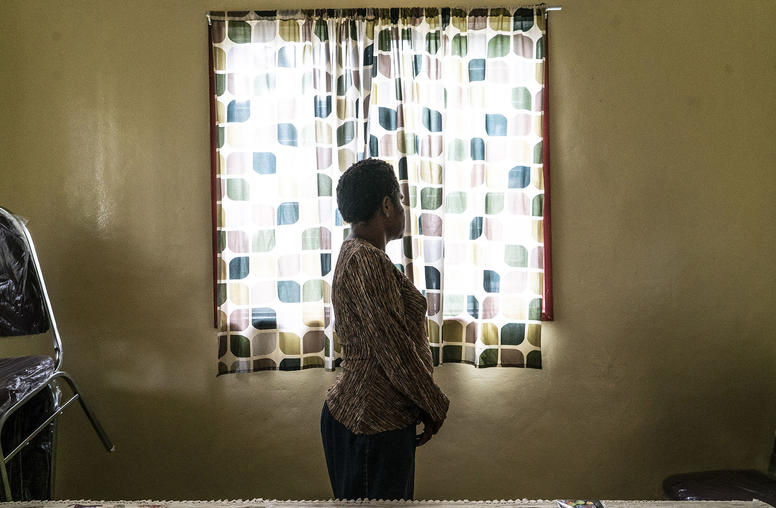
Addressing Gendered Violence in Papua New Guinea: Opportunities and Options
Each year, more than 1.5 million women and girls in Papua New Guinea experience gender-based violence tied to intercommunal conflict, political intimidation, domestic abuse, and other causes. It is, according to a 2023 Human Rights Watch report, “one of the most dangerous places to be a woman or girl.” Bleak as this may seem, it is not hopeless. USIP’s new report identifies several promising approaches for peacebuilding programming to reduce gender-based violence and effect meaningful and lasting change in Papua New Guinea.

The 2021 India-Pakistan Ceasefire: Origins, Prospects, and Lessons Learned
The February 2021 ceasefire between India and Pakistan along the Line of Control in Kashmir has—despite occasional violations—turned into one of the longest-lasting in the countries’ 75-year shared history. Yet, as Christopher Clary writes, the ceasefire remains vulnerable to shocks from terrorist attacks, changes in leadership, and shifting regional relations. With the ceasefire approaching its third anniversary, Clary’s report examines the factors that have allowed it to succeed, signs that it may be fraying, and steps that can be taken to sustain it.
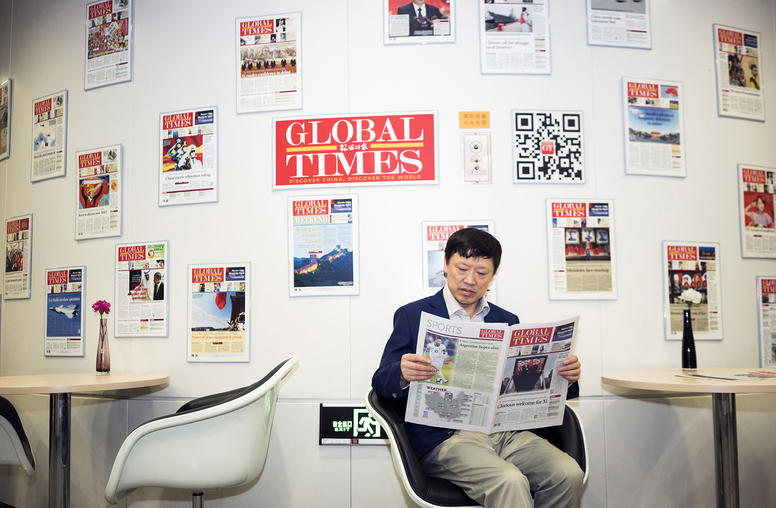
“Sewage of the Cold War”: China’s Expanding Narratives on NATO
Although China’s views on NATO have fluctuated since the early days of the Cold War, Beijing’s recent statements on the alliance have sharpened. This report argues that they amount to a “rhetorical attack” on the alliance’s legitimacy that can potentially undermine trust among its Asia-Pacific partners and, more broadly, confidence in Western ideas of collective security. The report offers recommendations for investments NATO should make in understanding, tracking, and countering Chinese narratives about the alliance.